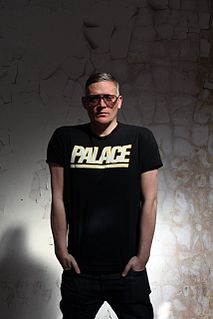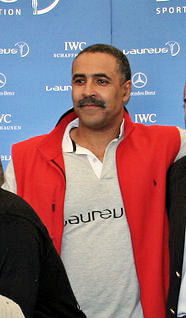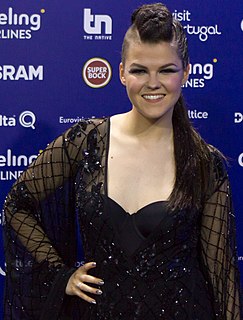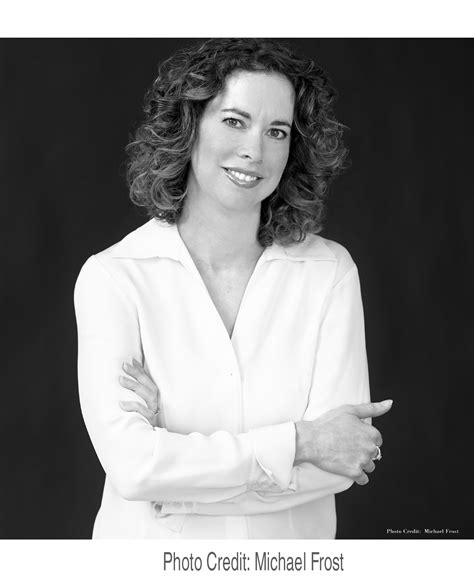A Quote by Paula Cole
I'm used to adversity and working really well in difficult situations. It was hard for me to accept the success
Related Quotes
Even the most daring and accomplished people have undergone tremendous difficulty. In fact, the more successful they became, the more they attributed their success to the lessons learned during their most difficult times. Adversity is our teacher. When we view adversity as a guide towards greater inner growth, we will then learn to accept the wisdom our soul came into this life to learn.
It was hard when my mother left us. I said to myself: 'You must keep working hard for her.' She was a teacher, a big influence. She made me work harder. So when I'm not doing something right or when I'm not playing or working hard enough, I remember what she used to say to me. She gets me moving. She pushed me to work hard.



































